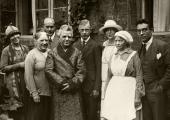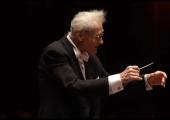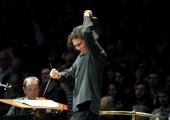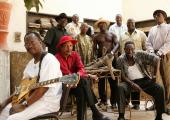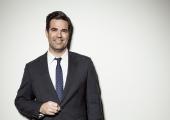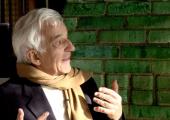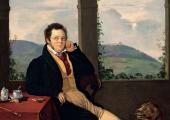Hardenberger, Philharmonia, Nelsons, RFH
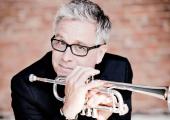
Nelsons' Bruckner fails to convince
Bernd Alois Zimmermann’s Nobody knows de trouble I see is a popular concerto, but it’s an unlikely hit. Zimmermann maintains a distanced relationship with the spiritual on which the work is based, and, while there are jazz elements too, this is a long way from crossover. Zimmermann maintains his modernist/serialist perspective throughout, and all the jazz ideas – the trombone glissandos, the sax section replacing the French horns, the vaguely improvisatory trumpet writing – are configured within a strict and austere single-movement structure.

